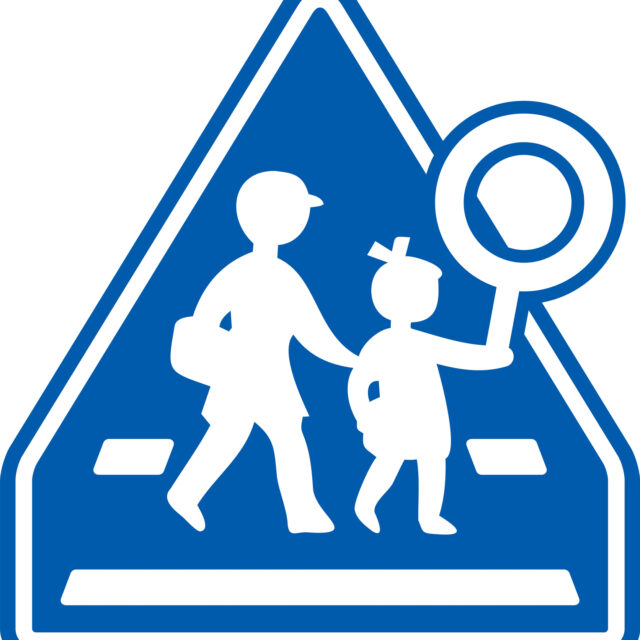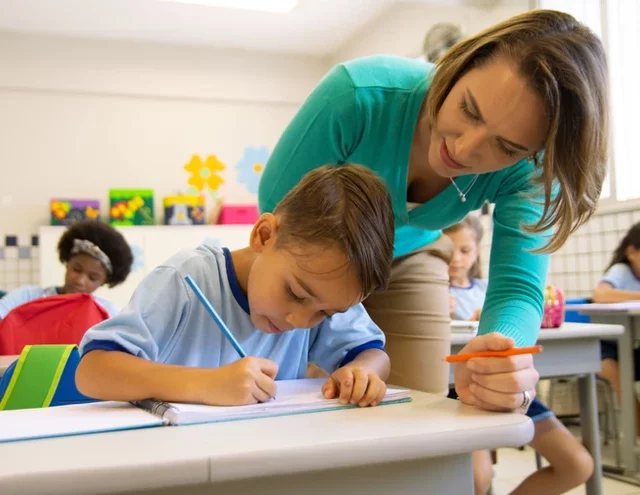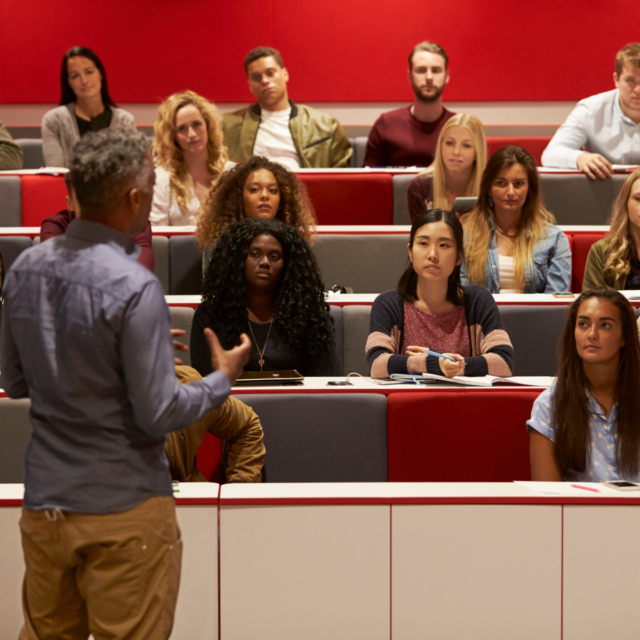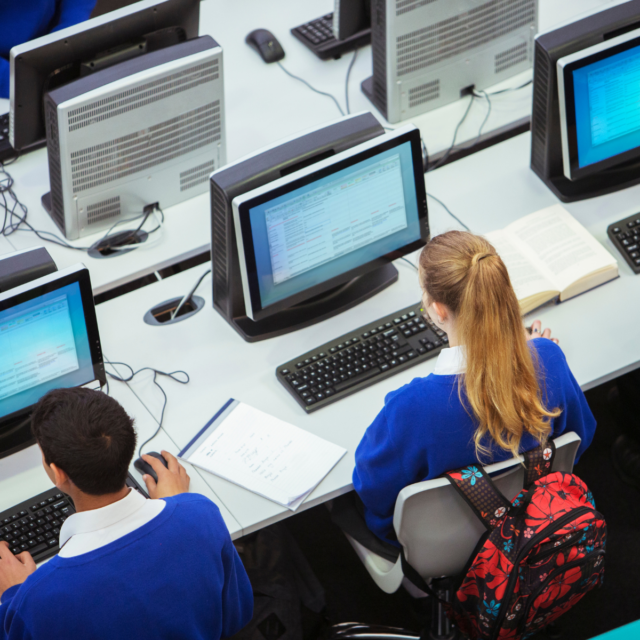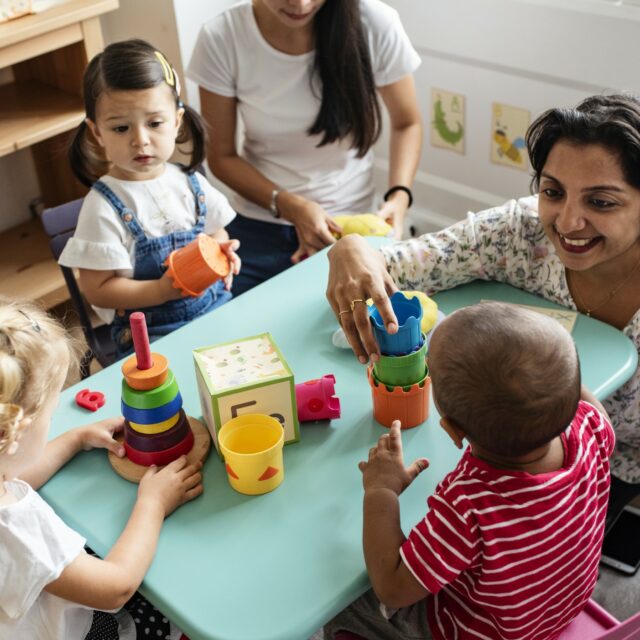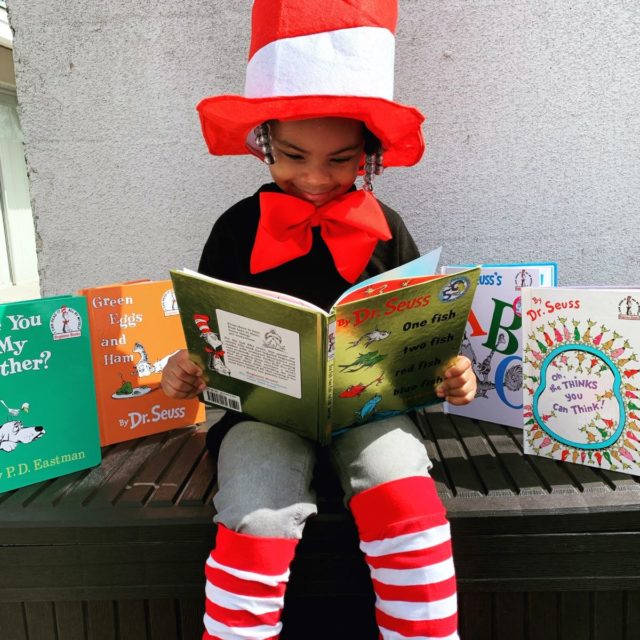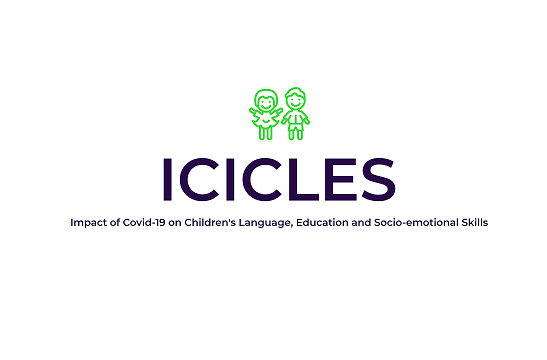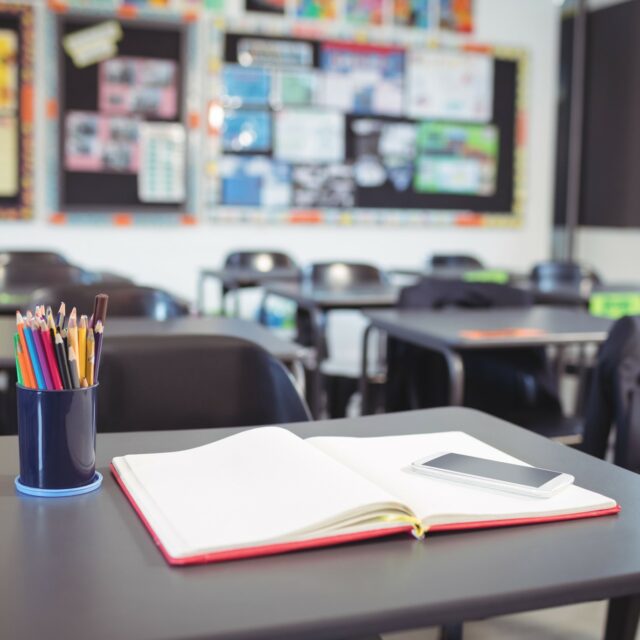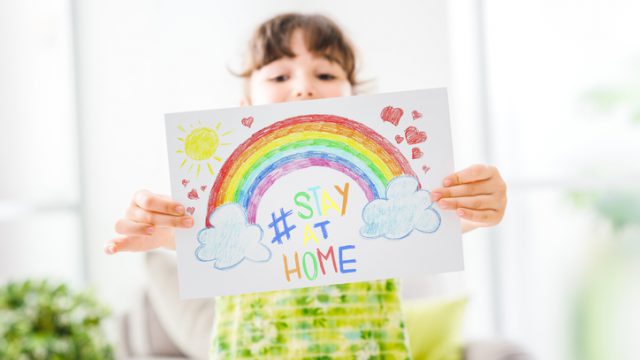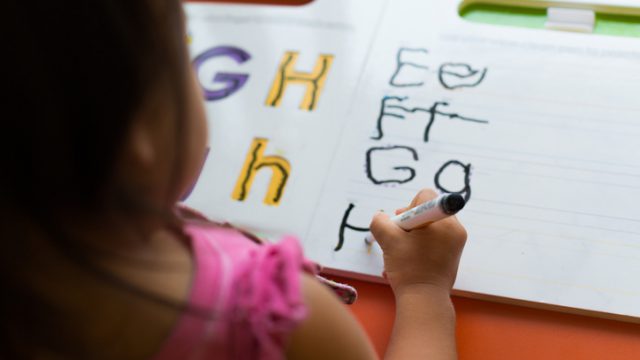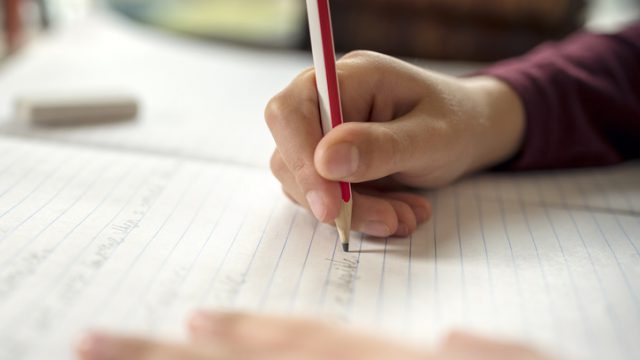The impact of Covid-19 on children’s language, socio-emotional and educational outcomes
There is no doubt that Covid-19 has caused significant disruption to children’s lives and there is understandable concern about their educational progress. This has only been exacerbated by the recent outcry about the level of funding announced by the government to support their “catch-up” plans, which resulted in the resignation of Sir Kevan Collins. In addition, the current narrative around “catch-up” does not take account of children’s social and emotional needs as we move forward, focusing primarily on educational outcomes. Moreover, the Government “catch-up” plan is not clear about its long-term view. We don’t know what the ongoing impact might be, and children will need a prolonged period of additional support to avoid falling through the net.
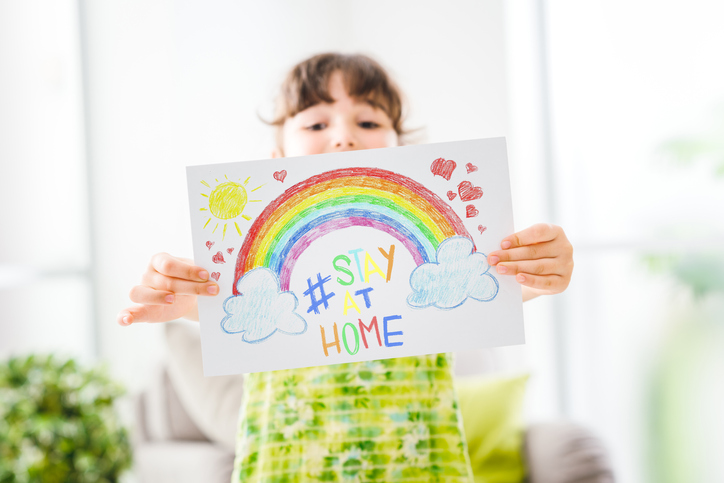
There is no doubt that Covid-19 has caused significant disruption to children’s lives and there is understandable concern about their educational progress. This has only been exacerbated by the recent outcry about the level of funding announced by the government to support their “catch-up” plans, which resulted in the resignation of Sir Kevan Collins. In addition, the current narrative around “catch-up” does not take account of children’s social and emotional needs as we move forward, focusing primarily on educational outcomes. Moreover, the Government “catch-up” plan is not clear about its long-term view. We don’t know what the ongoing impact might be, and children will need a prolonged period of additional support to avoid falling through the net.
Reports are emerging about the immediate impact of the pandemic but to develop an appropriate response to intervention, we need to build our understanding of the longer-term outcomes. Our new project funded by the Nuffield Foundation is aiming to do just that by focusing on educational, language and socioemotional development of children aged five through seven.
In the early stages of the pandemic, there was a great deal of worry about the impact of education settings’ closures on children’s outcomes. Predictions were made about the widening of the disadvantage gap, and reports are now starting to emerge suggesting that some children have indeed “fallen behind”, particularly in the areas of literacy and numeracy, and for younger children, language and communication. For example, the EEF funded School Starters project found that teachers were concerned about levels of language and communication, literacy and numeracy in children who started school in Autumn 2020. A report published by NFER suggests that children in Year Two are at least 2 months behind in reading and maths compared to a previous cohort, and the gap is bigger for children from disadvantaged backgrounds. The latest report by the Education Policy Institute found similar levels of learning loss, with 2 months lost for reading and three for maths. These findings are reflected in the Rising Star report and the ICKLE project report.
However, children did not just miss out on lessons. Multiple lockdowns and prolonged restrictions also meant that children were unable to go to clubs, see family and friends or spend much time outside the home. As such the impact of Covid-19 is likely going to go beyond educational outcomes, and for young children may impact on the development of their broader socio-emotional skills. Parents and teachers in the EEF School Starters project both raised socio-emotional wellbeing as a key concern for their children moving forward. This was also raised in the Kindred report on school readiness, and the recent survey of parents carried out by the Sutton Trust.
All the talk of “catch up” appears to focus on educational outcomes and does not take account of these broader issues. Some children may well need additional support with maths, reading, and language; these areas certainly seem to be of some concern in current reports. However, children who are struggling emotionally with the fall-out of the pandemic should also receive support. In fact, evidence suggests that socio-emotional interventions can have a significant impact on educational outcomes (e.g. Sorrenti, Zolitz, Ribeaud and Eisner, 2020).
Our research, starting in July, will focus on the impact of Covid-19 on children’s educational, language and socioemotional development over the next three academic years. Thanks to funding from the Nuffield Foundation, worth approximately £500K, the project is one of the first to be run under the soon to be launched centre for education research at NIESR. The project is a collaboration between NIESR, the Education Policy Institute and the University of Sheffield. We will recruit children across the country from Reception, Year One and Year Two, and monitor their progress over time. We will also talk to parents and teachers to get their views. Our findings will be reviewed iteratively in order that they can be used to inform policy and practice as we move forward. An advisory board made up of leading academics and practitioners will provide us with valuable insight over the course of the study. It is our hope that this project will provide insightful and invaluable information about the lasting impact of the pandemic and whether the current approach to “catch-up” has any long-term value.
